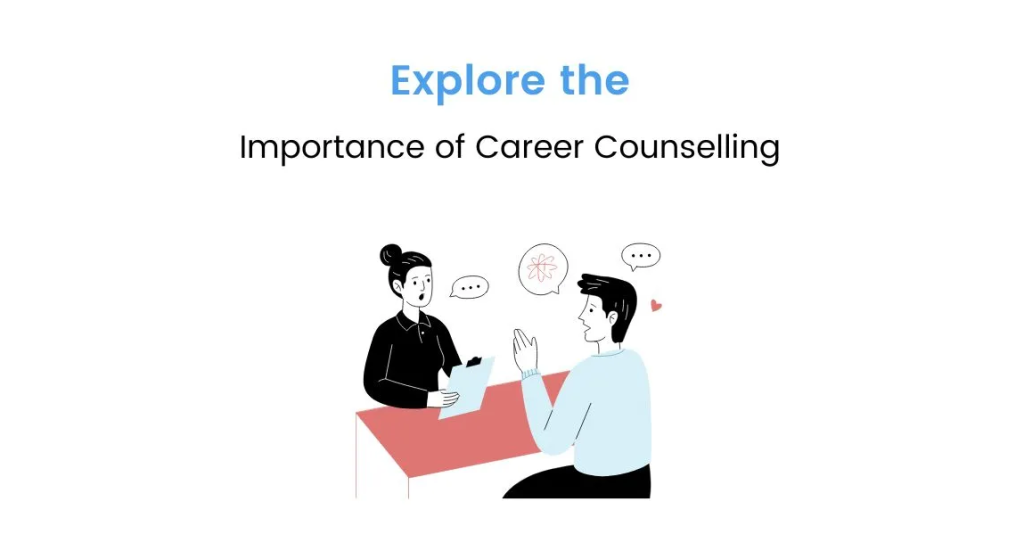In the journey of a career, there are often pauses—moments where the trajectory isn’t a straight line but rather a series of ebbs and flows. These pauses, commonly referred to as career gaps, can occur for a multitude of reasons: personal growth, family responsibilities, health issues, or simply taking time to explore new opportunities. While these gaps are a natural part of life, explaining them to potential employers can sometimes feel daunting. However, with the right approach and mindset, communicating career gaps can be turned into a compelling narrative that showcases resilience, adaptability, and a commitment to personal and professional development.
Embrace Transparency
The first step in effectively communicating career gaps is embracing transparency. It’s essential to be honest about the reasons behind the gap without feeling the need to overshare personal details. Employers value authenticity, and being upfront about the circumstances that led to the gap demonstrates integrity and accountability. Whether it was a period of travel, caregiving responsibilities, further education, or a career transition, framing the gap within the context of personal and professional growth can help employers understand its relevance.
Focus on Learning and Growth
During a career gap, it’s common for individuals to engage in activities that contribute to their personal and professional development. Whether it’s acquiring new skills through online courses, volunteering, freelancing, or pursuing passion projects, highlighting these experiences can add depth to your resume and demonstrate your proactive approach to self-improvement. By focusing on the skills gained and lessons learned during the gap, you can shift the narrative from a period of stagnation to one of growth and development.
Showcase Relevance
While some career gaps may seem unrelated to your desired role, it’s essential to identify transferable skills and experiences that are relevant to the position you’re applying for. Whether it’s demonstrating problem-solving abilities, communication skills, project management experience, or leadership qualities gained during the gap, showcasing how these skills align with the requirements of the job can help recruiters see the value you bring to the table. Additionally, highlighting any certifications, workshops, or professional development activities undertaken during the gap can further emphasize your commitment to staying current and relevant in your field.
Practice Your Story
Crafting a compelling narrative around your career gap requires practice and refinement. Take the time to articulate your story in a clear and concise manner, focusing on the key points that highlight your journey, accomplishments, and aspirations. Practice answering common interview questions related to your career gap, such as why you took time off, what you learned during the gap, and how it has shaped your career goals. By rehearsing your responses, you’ll feel more confident and prepared when discussing your career gap with potential employers.
Utilize Your Network
Networking can be a valuable tool in overcoming career gaps. Reach out to former colleagues, mentors, or industry contacts who can provide advice, support, and potential job leads. Informing your network about your career goals and the experiences gained during your gap can help them advocate on your behalf and provide referrals to relevant opportunities. Additionally, attending industry events, workshops, and networking sessions can help you stay connected and informed about job openings and trends in your field.
Explaining career gaps can be a challenging aspect of the job search process, but it doesn’t have to be a barrier to success. By embracing transparency, focusing on learning and growth, showcasing relevance, practicing your story, and utilizing your network, you can effectively communicate your career gap in a way that highlights your strengths, resilience, and commitment to personal and professional development. Remember, everyone’s career journey is unique, and what matters most is how you leverage your experiences to shape your future success.



